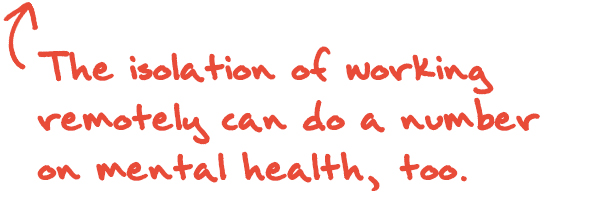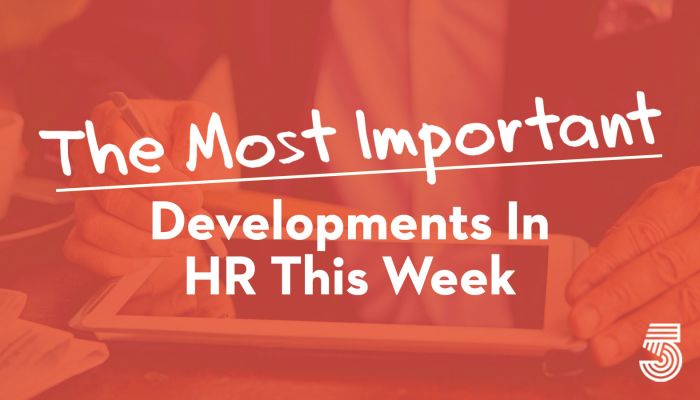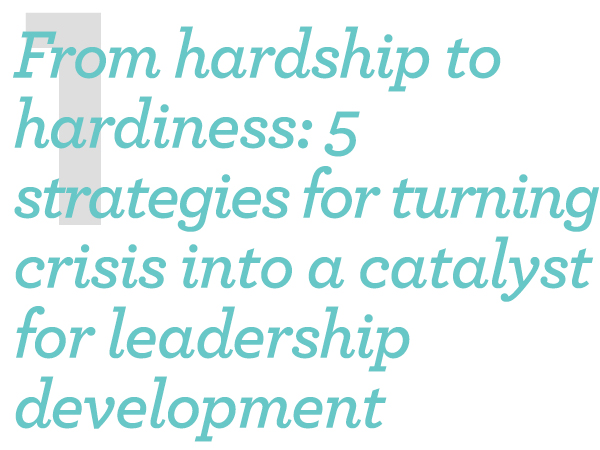
COVID-19 is the type of crucible event that has the potential to embed profound leadership lessons, accelerate development, and forge critical skills. It can be transformative, but only if handled correctly. The unexpected nature of COVID-19 and the resulting flood of high-stakes decisions has put leaders to the test in ways that they might never have imagined. In the midst of all this, it is important to acknowledge the profound challenges that the pandemic has created in terms of the work overload, stress, anxiety and painful decisions so many have had to endure. Simultaneously, leaders must recognize that there are important opportunities to learn and grow from this once-in-a-century crisis. COVID-19 is the type of crucible event that has the potential to embed profound leadership lessons, accelerate development and forge critical skills. It can be transformative, but only if handled correctly. Chief Learning Officer

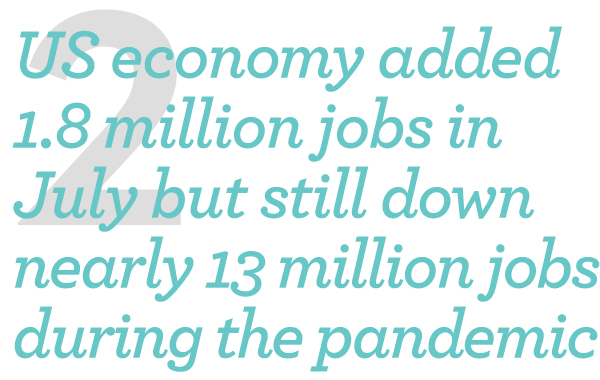
The US economy added another 1.8 million jobs in July, a sharp slowdown from June and a small step for an economy that’s still down 12.9 million jobs during the pandemic. It was the third straight month of improvement after the spring lockdown that decimated the labor market and the July job gain exceeded economists’ expectations. Even so, it was far fewer than the 4.8 million jobs added in June. The unemployment rate fell to 10.2%, the Bureau of Labor Statistics reported Friday, but remains above the Great Recession high of 10% that was reached in October 2009. CNN

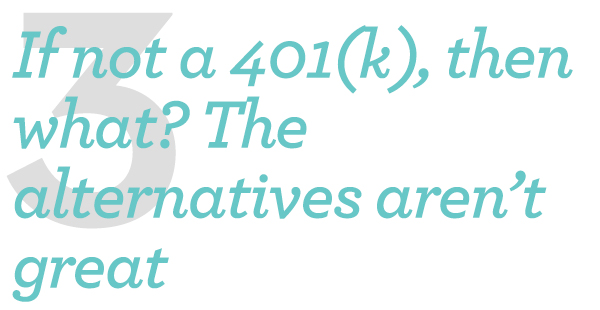
A recent column on 401(k) plans that I wrote attracted a lot of attention. Most agreed the benefits of these retirement plans are eroding due to changes in tax rates and interest rates since they were created some 40 years ago, more employers reducing or eliminating matches, and the failure of some plans to keep up with declining fees on other financial products. But many objected to my contention that for some young median-wage workers in bad plans, contributing to a 401(k) no longer made sense, and that these accounts might become poor choices for a significant portion of workers if current trends continue. It’s fair to ask what I think individuals should do to help themselves save for retirement. I have some answers, but they’re not great. Bloomberg
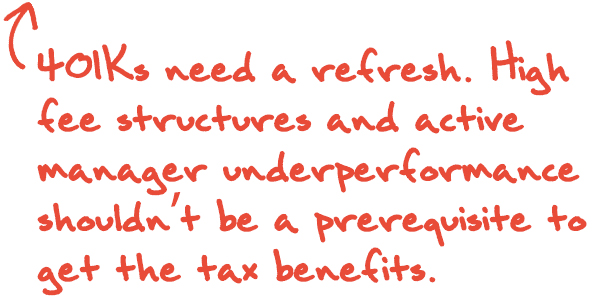
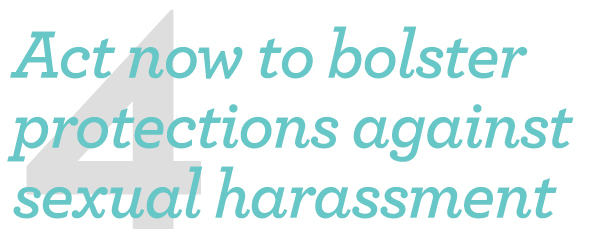
High-profile sexual harassment cases seem to be increasingly in the news, but compliance programs can do more to clamp down on elements of corporate culture that cause and perpetuate sexual harassment. “The failure to properly address deep-seated cultural issues is what allows sexual harassment to thrive — leading to personal trauma to the individuals involved and to those who witness the behavior, not to mention public scrutiny and costly payouts for the organization” says Mara Lindokken, Principal, Research, Gartner. What enables sexual harassment to thrive? Power disparities, lack of awareness, and lack of diversity. Employees in strong cultures are 1.5 times more likely to report misconduct they observe. Gartner
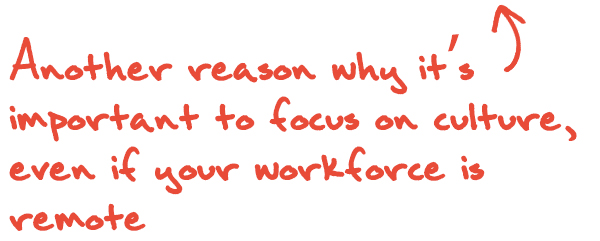
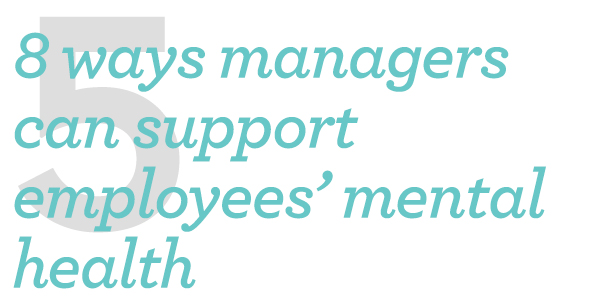
Uncertainty breeds anxiety, and we are living in uncertain times. Between rising numbers of Covid-19 cases, questions about whether or not to reopen economies and businesses, the ongoing protests in the wake of George Floyd’s murder, and the economic fallout of the pandemic, we don’t know what will come next. And that’s taking a toll on our mental health, including at work. We saw an impact early in the pandemic. At the end of March and in early April, our nonprofit organization, Mind Share Partners, conducted a study of global employees in partnership with Qualtrics and SAP. We found that the mental health of almost 42% of respondents had declined since the outbreak began. Given all that’s happened between then and now, we can only imagine that the figure has increased. Prior to the pandemic, many companies had increased their focus on workplace mental health. Those efforts are even more imperative today. HBR
